Update: On Wednesday, October 24, 2018, President Trump officially signed the Opioid Crisis Response Act into law.
Monday evening, September 17, the United States Senate passed the Opioid Crisis Response Act of 2018, a legislative package of more than 70 bills aimed at tackling the opioid epidemic in the U.S.
The sweeping package passed 99-1 and included input from both Republican and Democratic lawmakers. (Sen. Mike Lee, R-Utah, was the only senator to vote against it.) The Opioid Crisis Response Act represents several small steps intended to reduce the number of lives lost to substance use disorders (SUDs). Here’s what you need to know.
Background
Shelved by the Senate for months due to focus on Supreme Court nominee Brett Kavanaugh, among other issues, the Senate package was expected to pass the week of September 10, before being delayed one week further by Hurricane Florence.
The Senate’s Opioid Crisis Response Act is based on the earlier H.R.6 package—SUPPORT for Patients and Communities Act—passed by the House of Representatives in June. H.R.6 included more than 50 bills making a number of changes to existing Medicaid and Medicare policy, among other existing opioid policy. Changes notably included requiring coverage of Medication-Assisted Treatment. Many of the SUPPORT for Patients and Communities Act’s provisions are reflected in the Opioid Crisis Response Act.
AZZLY® and the National Association of Addiction Treatment Providers (NAATP) both expressed our support in August for the then-proposed Senate bill’s inclusion of NAATP priorities such as “annual analysis of what each state is doing to enforce the Mental Health Parity and Addiction Equity Act (MHPAEA – Parity)” and the inclusion of “provisions to repay costs of education for SUD staff choosing to work in underserved areas.” (Note: AZZLY is a proud member of NAATP).
Click here to learn more about the changes included in the House’s H.R.6 package.
What Changes Do I Need to Be Aware Of?
A few notable changes to opioid policy included in the Senate bill, as reported by The Washington Post, include the following:
-
- The STOP ACT – stopping illegal fentanyl from entering and circulating in the country – fentanyl is a cheap and easy to make synthetic opioid with nearly 50 times the potency of heroin. In including legislation targeting fentanyl, lawmakers hope to reduce the soaring number of deaths caused by the drug (nearly 30,000 last year, out of more than 49,000 total deaths to opioid overdoses). The package’s STOP Act—the Synthetics Trafficking and Overdose Prevention Act—will require the Postal Service to collect data on merchandise entering the country, in an effort to close loopholes in existing opioid policy.
-
- Creation of a grant program through SAMSHA – the Opioid Crisis Response Act authorizes a grant program through the Substance Abuse and Mental Health Services Administration (SAMHSA), allowing organizations to develop recovery centers in communities. “It also requires the Department of Health and Human Services (HHS) to determine best practices and then create a grant program implementing those policies or procedures, such as the use of recovery coaches, which has proven effective in Massachusetts.”
-
- Creation of a grant program through HHS – the package also authorizes an HHS grant system intended to support people in a transitional period between recovery and independent living and work. It will create a pilot program to provide temporary housing for those recovered from SUDs.
- Loosening of guidelines on Medication-Assisted Treatment (MAT) – MAT is a safe and easy-to-control solution used to treat a number of different substance issues. In addition to Medicaid, sixteen major healthcare payers representing 248 million people endorse this revolutionary method. Visit AZZLY.com to learn more about Medication Management.
What’s not in the bill? Senators will not be moving forward with two key provisions from the House bill:
-
- Reversal of the IMD exclusion clause – the House bill would have eliminated a decades-old prohibition on Institutions for Mental Diseases from receiving federal Medicaid reimbursements. Had it been included, the reversal would have allowed inpatient treatment centers specializing in mental health to receive federal funds.
- Sharing of behavioral health information between providers – Senate also chose not to include the House’s initiatives making it easier to share behavioral health information, such as a patient’s substance use history, between health professionals. Senators cite concerns for privacy and ethics as motivations for removing this portion of the package.
This is Good…Right?
Short answer: yes, but it could be a lot better. There is bipartisan agreement that action must be taken to address the opioid economic in the U.S., and any step toward doing so is a good thing. However, both the Senate package and the Houses have received their share of criticism.
The Chicago Tribune summed it up well Tuesday: “The package is heartening and frustrating: heartening because it offers some positive steps, and frustrating because it doesn’t do more.”
Daniel Raymond of the Harm Reduction Coalition was more biting in his criticism of the Opioid Crisis Response Act, feeling that the competitive grant pilot program was insufficient and describing the package as an “election year bill to show they are doing something…it’s not that there aren’t good ideas, but it doesn’t reach the level of…what our nation needs right now.”
While these bills represent a series of important first steps toward addressing SUDs, this one package should not be taken as the final blow in the fight against the opioid epidemic. The Opioid Crisis Response Act will return to the House to be reconciled with H.R.6, and it’s possible that no meaningful legislation will be passed before the November 2018 midterm elections, with bills being enacted in 2019 and beyond.
Meanwhile, behavioral health professionals will continue to address SUDs in their communities as well as they can, hopefully aided by the new provisions from any new legislation. However, new legislation often creates more work for practitioners, causing them to spend more time filling out paperwork than face-to-face with their patients. AZZLY Rize™ simplifies this process with an all-in-one, easy-to-use software solution. Contact AZZLY to learn more about how AZZLY Rize can give back your valuable face time with your patients.
Visit AZZLY.com and follow us on Facebook to keep up with breaking news such as this in the substance abuse treatment industry, written by AZZLY’s industry experts.




